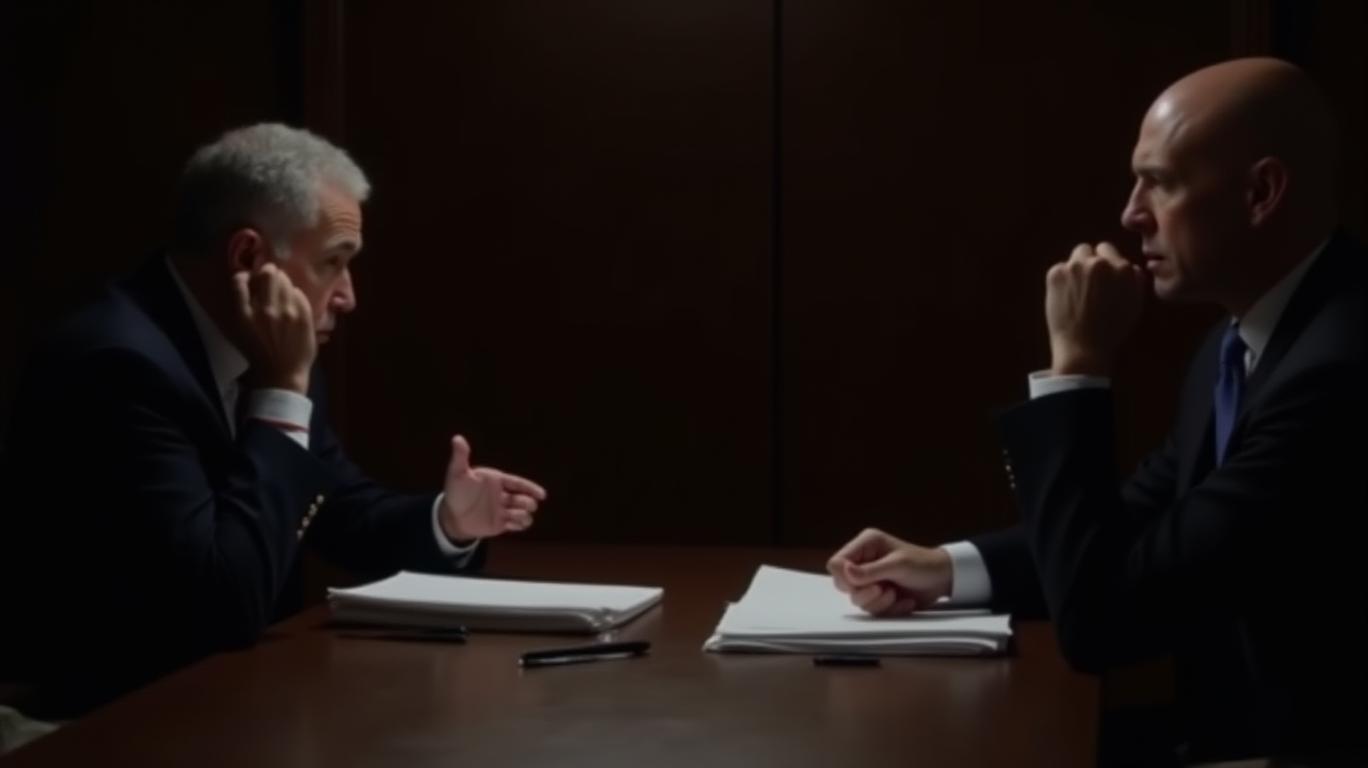Fed's Powell, Jefferson Caution on Policy Shifts Amid Economic Uncertainty
Federal Reserve Chair Jerome Powell has indicated that significant fiscal legislation and regulatory changes are on the horizon, with plans to complete these initiatives within his term. Powell's remarks underscore the central bank's focus on navigating the economic landscape amidst substantial policy shifts, particularly in the areas of trade, immigration, fiscal policy, and regulation.
Powell has emphasized the need for clarity on the economic outlook before implementing any further measures. The recent tariffs imposed by the Trump administration have added to the uncertainty, making it crucial for the Fed to evaluate the cumulative impact of these policy changes. Powell's cautious approach reflects the Fed's commitment to assessing the economy's response to these changes before making any adjustments to monetary policy.
Powell's sentiments were echoed by the Fed's Vice Chair, Philip Jefferson, who stated that there is no immediate need to adjust policy rates. Jefferson highlighted the importance of taking a measured approach to evaluate the effects of trade policy, fiscal measures, immigration, and regulatory changes. He noted that the current policy stance is well-positioned to address the risks and uncertainties facing the economy, including the potential impact of tariffs on inflation and economic growth.
Jefferson's remarks come at a time when the economy is showing signs of slowing, with inflation moving sideways and an unclear outlook. The Fed's decision to keep the policy rate in its current range reflects a cautious approach, with a focus on maintaining stability while assessing the broader economic implications of recent policy changes. Jefferson's comments suggest that the Fed is prepared to retain the current policy restraint for as long as necessary, adjusting only if the labor market weakens unexpectedly or inflation falls more quickly than anticipated.
Powell's and Jefferson's statements highlight the Fed's commitment to a data-driven approach, prioritizing economic stability and clarity over hasty policy adjustments. As the Fed navigates the complexities of the current economic environment, its focus remains on ensuring that monetary policy supports sustainable growth and price stability. Many companies have stated that they are waiting for clear guidance to make decisions, underscoring the importance of the Fed's role in providing clarity and stability during this period of significant policy shifts.

Quickly understand the history and background of various well-known coins
Latest Articles
Stay ahead of the market.
Get curated U.S. market news, insights and key dates delivered to your inbox.



Comments
No comments yet